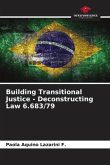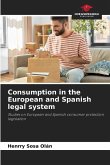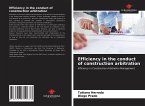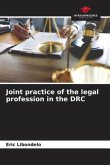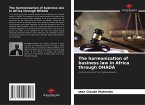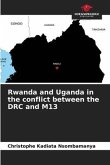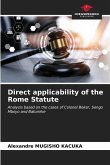The present reflection has the favor of analyzing the practical constraints of the implementation of the dialogue of national and supranational judges applied to the interaction between European law and Spanish law in the context of the conflict related to the self-determination of Catalonia. The originality of the framework of this reflection lies in the exploration of aspects of obstacles to the dialogue of judges that have been little explored in the literature in terms of obstacles to the jurisdictionalization of the European construction. As such, my reflection is interested in determining : Firstly, at what point does a person effectively acquire the status of European parliamentarian so as to be able to directly avail himself of the rights attached to it; Secondly, to determine the effects of parliamentary immunity with a view to finding out whether it can be retroactive in order to be able to remove from any criminal prosecution the acts committed by its holder prior to his election to the European Parliament; Thirdly, to determine whether or not there is any room for manoeuvre on the part of the national courts in the execution of the judgments of the CJEU answering a prejudicial question.
Bitte wählen Sie Ihr Anliegen aus.
Rechnungen
Retourenschein anfordern
Bestellstatus
Storno


